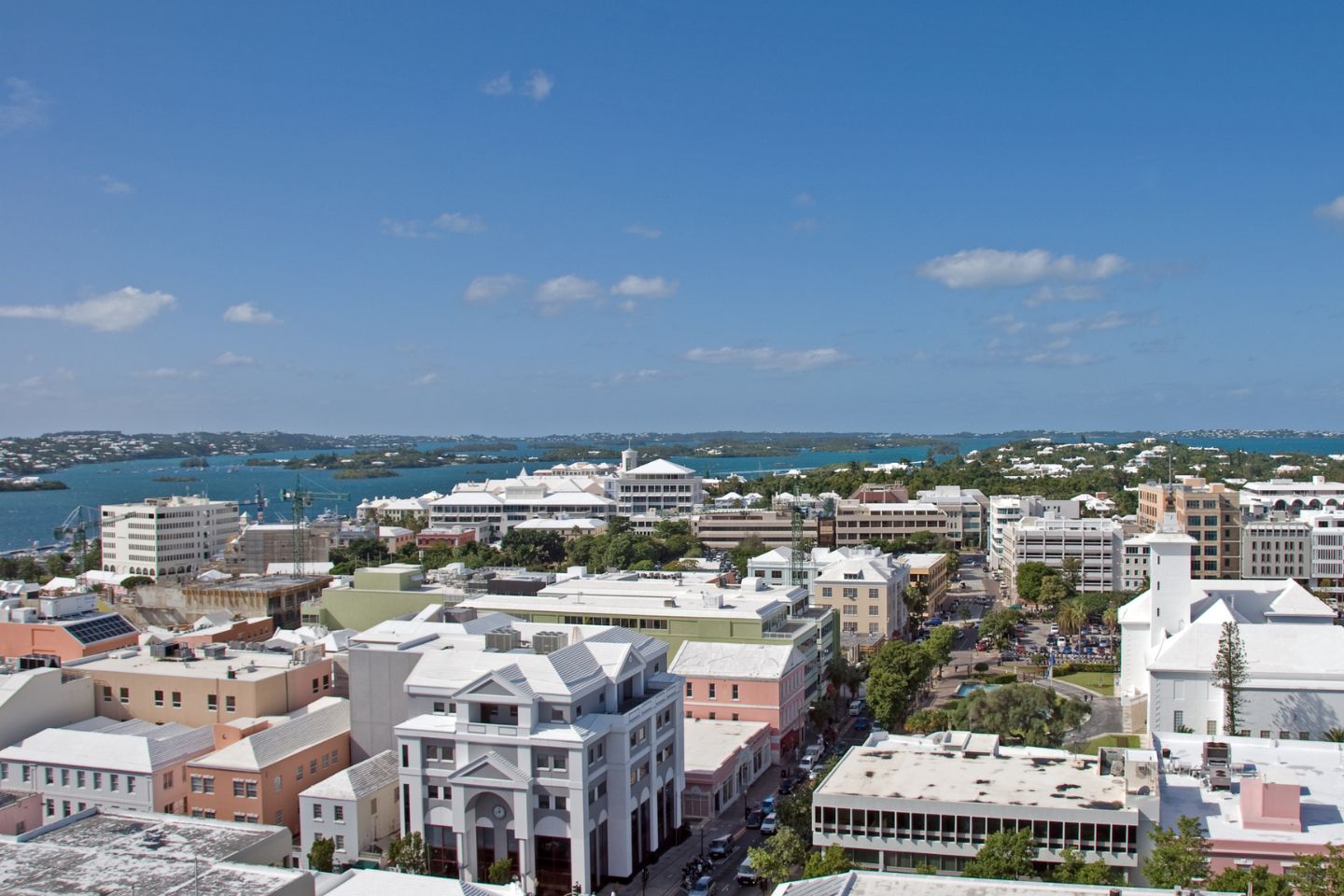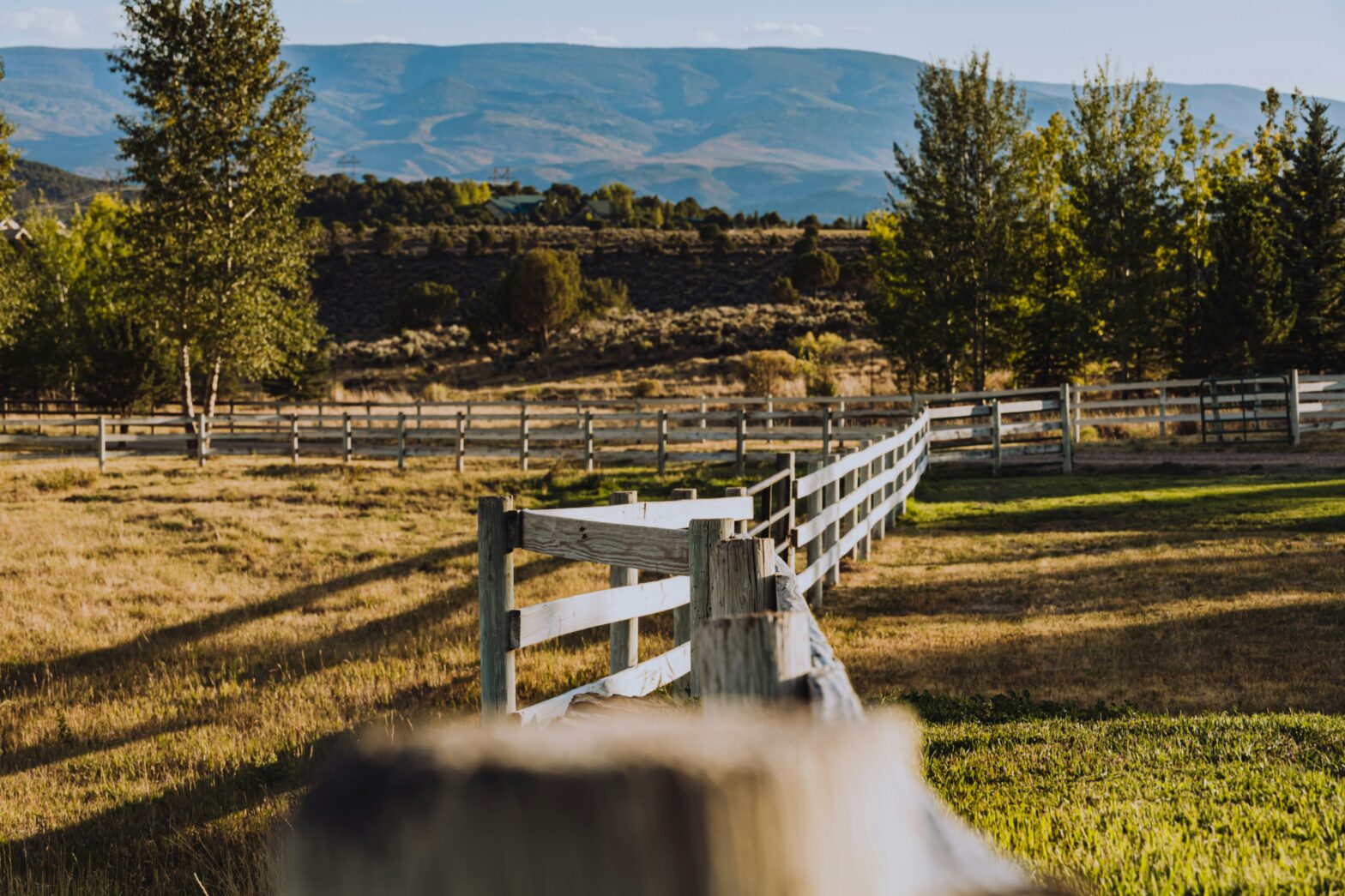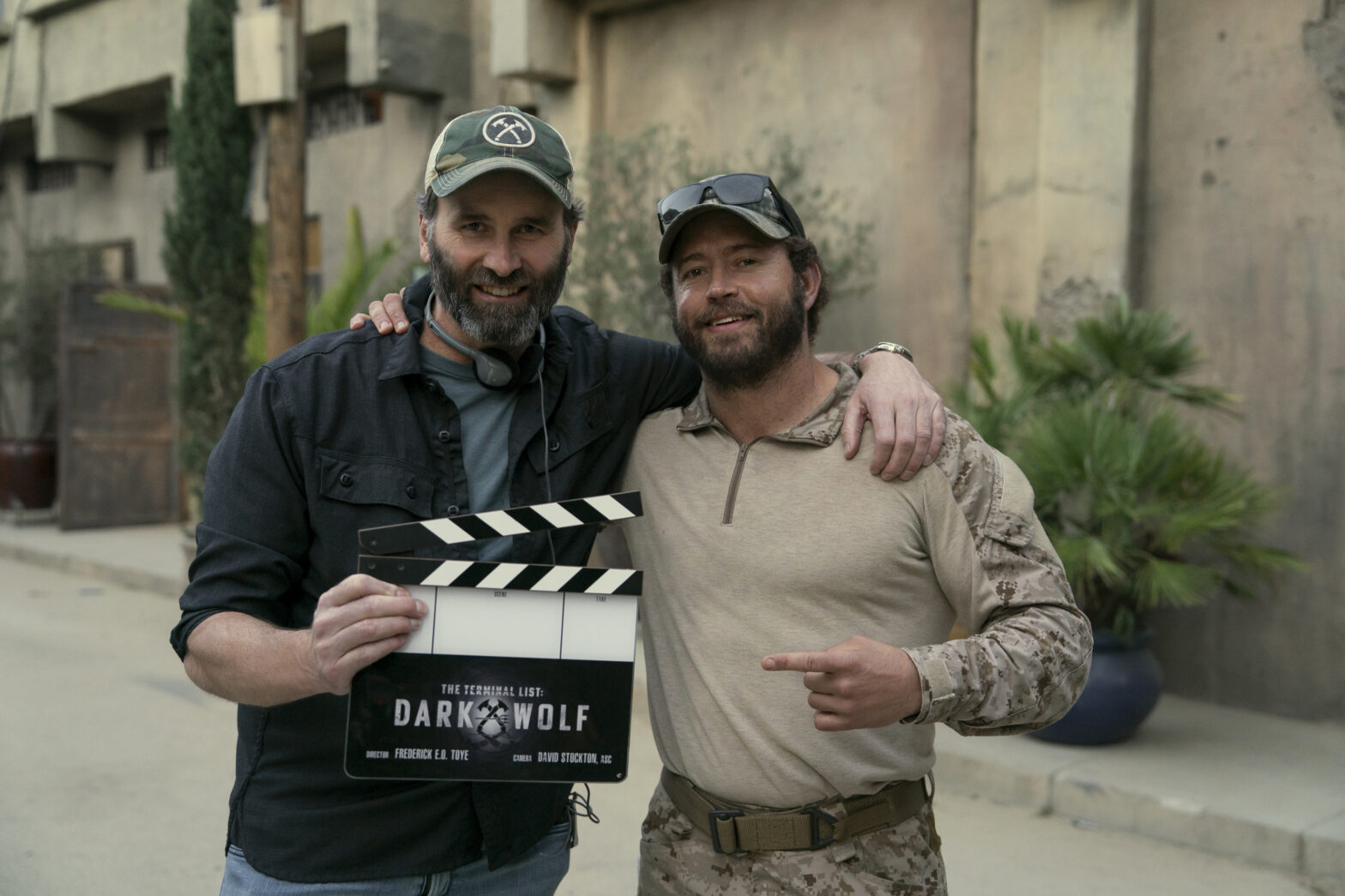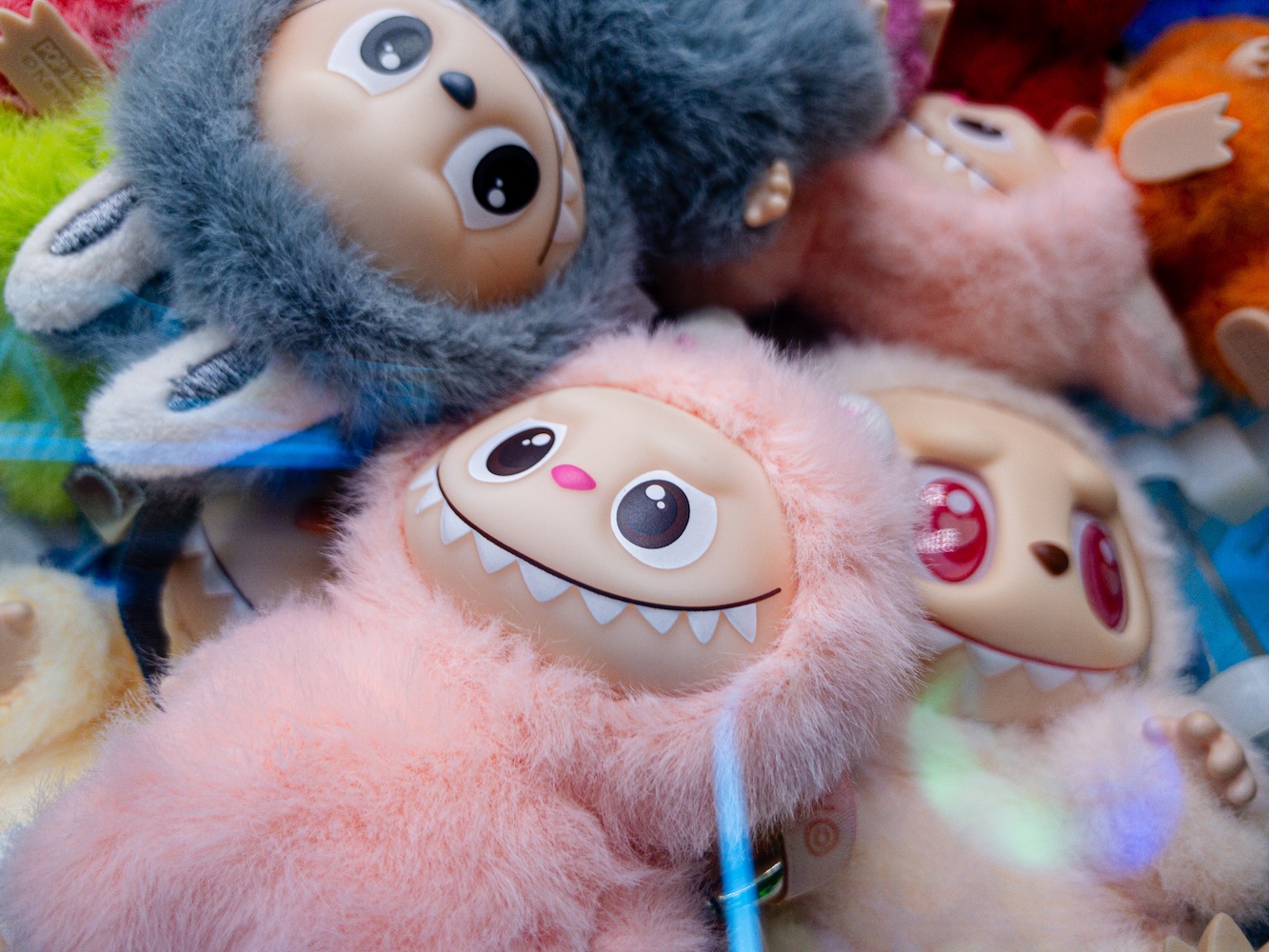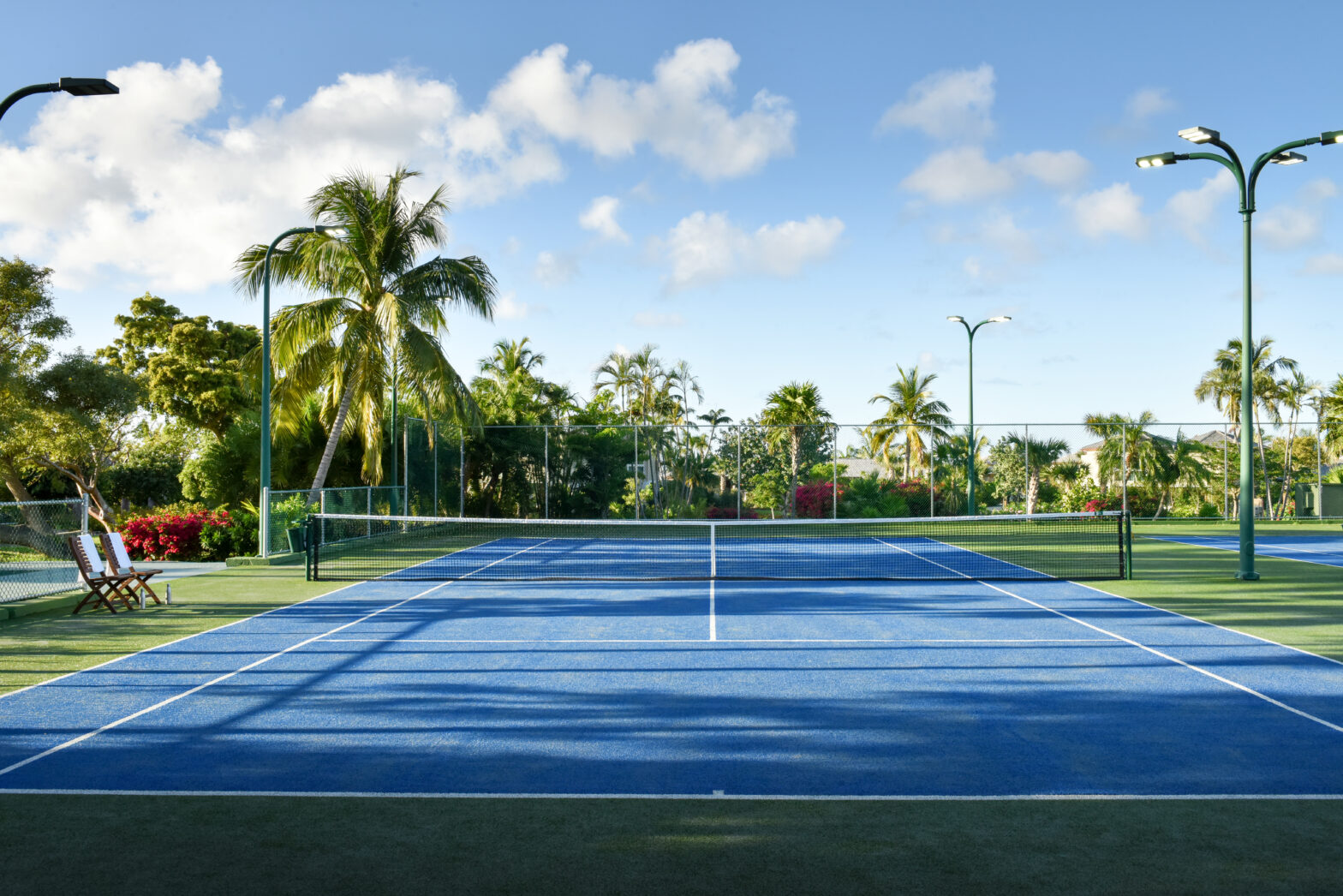Bermuda’s Cup Match holiday is undeniably one of the best times of the year to visit. It’s when the island comes alive with cultural events and celebrations in remembrance of its history, legacy and storied past within the African diaspora.
Although Cup Match is centered around the game of cricket, the number of adjacent events taking place during the weekend is endless. From the Bacchanal run to nightlife festivities, Bermuda’s vibrancy is alive and well on Cup Match weekend.
Bermuda’s most attractive quality is the feeling of home with full island vibes. Cultural festivals and events are an important element in building pride among each new generation of Bermudians. Similarly, travelers can experience the warmth and spirit of Bermudian people and culture, even if they’re visiting for the first time.
Travel Noire spoke with Neil Paynter, who has, and continues, to serve as president of St. George’s Cricket Club for the last 21 years. As a proud Bermudian, who’s also been an educator for over 25 years, Paytner shares why Cup Match is a special time of year in Bermuda.
Travel Noire: For someone who’s never been to Cup Match, how do you share with people what the Cup Match experience is?
Neil Paynter: What I would tell them is they need to be there. Cup Match is a uniquely Bermudian experience. [It] came from the abolition of slavery in 1834. Two friendly society lodges decided that, in celebration of the emancipation of slaves, they would have a picnic. They started this picnic and happened to have a cricket match there. They played [and] took two days off; they weren’t given two days off.
In 1901, both lodges decided they were going to make this an organized sporting activity. In 1902, we had our first match. This holiday was not given to our people until 1947 [when] it became a national holiday. Those 45 years, actually 113 from the abolition of slavery, people of African descent took two days off to celebrate. Eventually, the government had no choice, but to give them those days.
Cup Match is one of those experiences [where] we come together. It’s almost as if we never left one another. It is uniquely Bermudian. Families come together, no matter whether you’re for Somerset or St. George’s.
We let the players battle on the field, but we have a wonderful time around the outskirts of the field. This is almost like our Independence Day. We are a colony of the British. We’re not independent, but this is one day where we celebrate something that is unique to us, unique to Bermudians as a people.
TN: As a first-timer, there’s a lot happening at Cup Match. What are some of the key elements one should expect when visiting for the holiday?
NP: Well, obviously the cricket match is going on [and] that is part of the focus. The other part is the private viewing camps, or what they call plots, where locals rent an area on the field. They can bring their own food and beverages and invite anyone into their camp.
This is the unique part of the Cup Match experience. If you’re a visitor, the one thing you want to do is link up with a local who has a camp. If you do that, you are in and you [will] have the time of your life. This is not to say that those who don’t [won’t] because they will still have the experiences outside of those camps.
We have vendors that sell local cuisine [and] alcoholic beverages. We have kids’ stands. That’s our novelty item. Once you walk through the grounds, and in preparing for Cup Match, [there are] two things you need to do. This is before you even leave your hometown. Get plenty of rest and drink plenty of water.
Crown and Anchor is another uniquely Bermudian thing. Gambling is allowed during Cup Match for the two days from 10 a.m. to 8 p.m. You have a crown, anchor, spade [and] heart. You will place your bets on it. For example, you put $50 on the crown and $50 on the anchor. If one crown comes up and two anchors, you get $150. They call it the market. That’s where people go to place their bets and try to win some money, so that they can buy some more refreshments.
TN: Somerset has held the reins for the last decade, but St. George’s fans remain dedicated to their team. Can you speak to the loving rivalry between the two teams?
NP: Somerset has over the last 11 years held the cup. They’ve had some dominance over us, and we realize that. This year was totally different from previous years. This was a truly entertaining game. It had ebbs and flows [but] the game was a draw. [In the game of] cricket, a draw is a result. I was glad for my team to be able to add that out and show some character.
Cricket originated in Britain. It’s better to describe it when you’re watching it. People say, “Oh, it’s like baseball.” No, it’s not like baseball. It’s uniquely British and Bermudian from the islands and different parts of the world.
As for St. George’s, we’re in a developmental stage right now, but we used to dominate Somerset. Growing up, Somerset never saw the cup. Our turn is coming.
TN: Can you expand on the significance of Cup Match as an annual Bermudian celebration?
NP: The most important thing to note [is] that nowhere else in the world, [do] you have a two-day holiday back-to-back for a sporting event. This is unique to our country to our island.
It’s something that we have to appreciate that our forefathers and foremothers fought for, to ensure that we have those two days for all Bermudians. It came out of the abolition of slavery but every Bermudian has an opportunity to celebrate what the two days of Cup Match is about.
The first day of Cup Match is called the Emancipation Day. The second day is called Mary Prince Day. Mary Prince was an abolitionist, and she’s a national hero in Bermuda. So we recognize the significance of these two days. That’s the most important thing that we need to understand.
It derived from the celebration within a picnic and cricket was secondary. Now, cricket has come to the fore, but we must not forget the reason why we play this game of cricket on these two days.
To reflect on it, in the COVID year of 2020, for the first time ever, Cup Match was canceled in its hundred or so years. What it did was give us time to reflect on what Cup Match was truly about. It took the sporting aspect out of it and gave us time to reflect on the cultural aspect of it and the significance of the two days. It also gave [us] an opportunity to really understand and reflect on what is important to our country.
This article has been edited and condensed for length and clarity.
